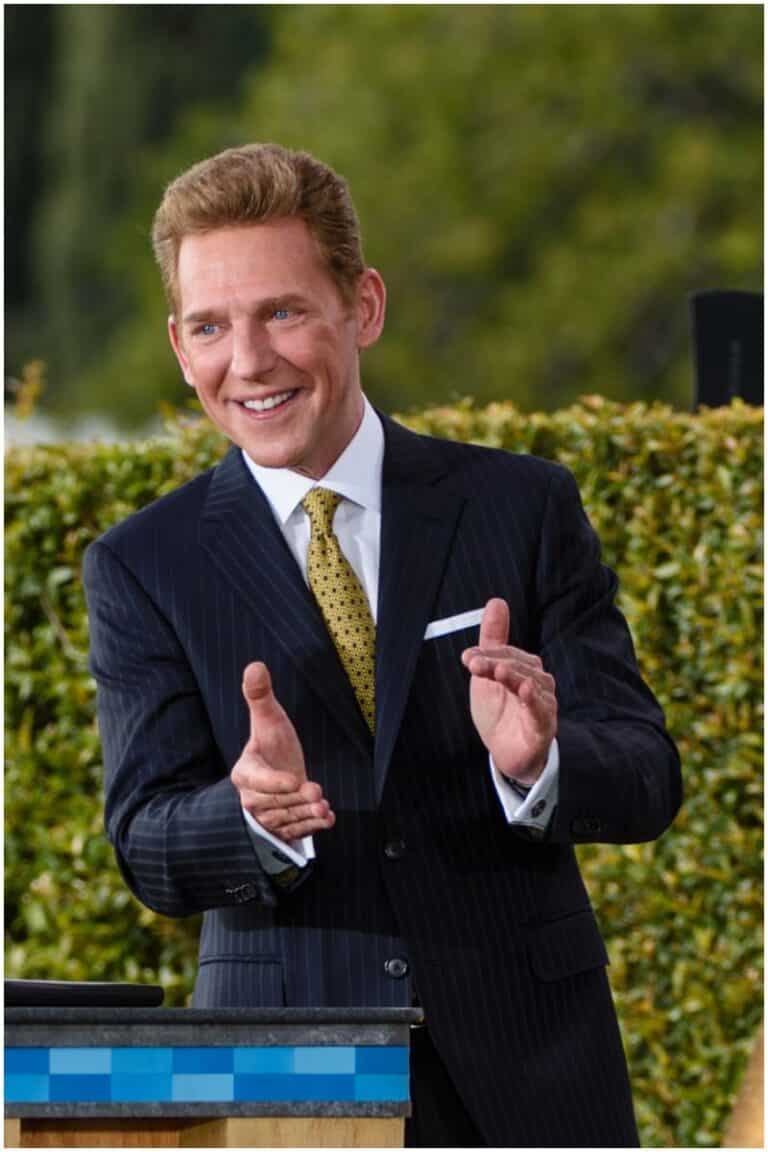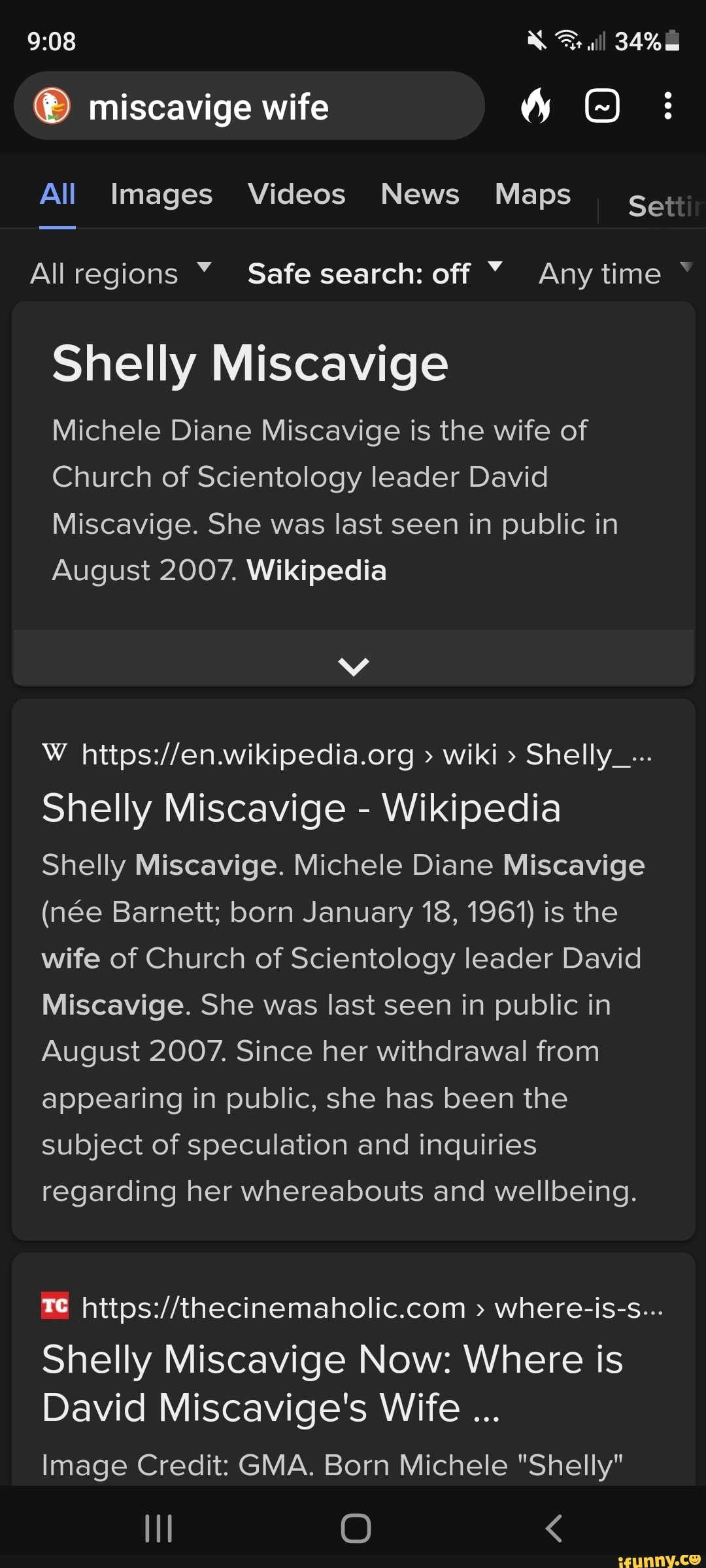Is the enigmatic figure of David Miscavige, the ecclesiastical leader of the Church of Scientology, a man shrouded in mystery and controversy? The narrative surrounding him is complex, a tapestry woven with threads of religious leadership, familial strife, and persistent allegations that have cast a long shadow over his life and the organization he helms.
The name David Miscavige resonates with a particular intensity, especially for those familiar with the Church of Scientology. He holds the position of Chairman of the Board of the Religious Technology Center (RTC), a role that places him at the apex of the Scientology hierarchy. His leadership has been the subject of both fervent support and intense scrutiny, making him one of the most talked-about figures in contemporary religious history.
| Category | Details |
|---|---|
| Full Name | David Miscavige |
| Birth Date | April 30, 1960 |
| Birth Place | Bristol, Pennsylvania, USA |
| Nationality | American |
| Religion | Scientology |
| Title | Chairman of the Board of the Religious Technology Center (RTC) and Ecclesiastical Leader of the Church of Scientology |
| Known For | Leadership of the Church of Scientology; Subject of controversy and accusations |
| Height | Approximately 5 feet, 1 inch (1.55 meters or 155 centimeters) |
| Marital Status | Married to Shelly Miscavige (reportedly missing) |
| Education | Studied at the Delphian School (a Scientology-affiliated school) |
| Key Career Highlights |
|
| Notable Controversies |
|
| Website Reference | Official Scientology Website - David Miscavige Bio |
The book Ruthless: Scientology, My Son David Miscavige, and Me offers a unique perspective on the man, exploring his formative years and the path that led him to his current position. This biographical account delves into the origins of the Scientology leader, providing insights into his early life and experiences that may have shaped his leadership style. This book is a key source for understanding the man behind the title.
Adding to the complexity of his public image is the consistent scrutiny he receives. Questions surrounding his leadership, personal life, and the Church's practices have frequently surfaced in the media and public discourse. Such critical examinations are far from the only side of the story, as his supporters praise his dedication to expanding Scientology's reach and preserving its principles. However, these points of view are often challenged.
The legal landscape surrounding Miscavige adds another layer to the picture. Reports of legal challenges and summons, as demonstrated by a recent case where a judge granted his lawyers' request to quash a summons, bring into view the ongoing legal battles. The legal maneuvers and courtroom proceedings often further heighten the public awareness of the controversies tied to his role in Scientology. Such examples emphasize the complex legal and political battles that continue to surround Miscavige and the Church.
Beyond the legal domain, the media plays a significant role in shaping the narrative. Journalists and public figures, such as Leah Remini, have provided commentary and analysis on Miscavige, often highlighting allegations of misconduct. The impact of these accusations and discussions extends beyond the realm of Scientology and infiltrates broader conversations on religious freedom, accountability, and organizational power dynamics.
The physical aspect of Miscavige's persona also garners attention. His height, estimated to be around 5 feet, one inch, is frequently mentioned in media reports and online discussions. This detail, although seemingly trivial, is a recurring point of interest for many, perhaps as a means of humanizing the often-elusive figure. The focus on his physical characteristics reveals the public’s interest in the private life of high-profile individuals.
The launch of the Scientology Network represents another facet of Miscavige's influence. The network provides the Church with a platform to communicate its message and counter negative publicity. Miscavige's presence in the network’s programming, including the “This Is Scientology” series and special launch events, allows him to speak directly to a global audience and shape the narrative surrounding the religion. These efforts aim to show the positive aspects of the Church and its activities.
The persistent accusations and criticisms directed towards Miscavige stem from a variety of sources, including former Church members and outside observers. These allegations frequently revolve around claims of mistreatment, abusive practices, and the suppression of dissent. Such claims have led to a range of investigations, lawsuits, and documentaries that cast a critical eye on Miscavige’s leadership. These accounts challenge the public image presented by the Church.
The issue of Shelly Miscavige, David Miscavige’s wife, adds another layer of enigma. Her prolonged absence has fueled speculation and raised serious questions regarding her well-being. The lack of public information and the church’s silence on the matter have increased the level of intrigue and concern. This situation reflects the broader theme of secrecy, control, and the handling of dissenting voices that is often associated with the Church of Scientology.
The narrative surrounding David Miscavige is a tapestry of religious leadership, personal controversies, legal battles, media scrutiny, and the ever-present mystery of his personal life. As leader of the Church of Scientology, he has become a prominent figure of the modern age. His actions and decisions continue to influence the lives of countless individuals, while his legacy is still unfolding.
The controversies surrounding David Miscavige and the Church of Scientology require us to consider the ethical boundaries of religious practice and the importance of individual rights. The ongoing public dialogue and the persistent scrutiny are vital for ensuring transparency and accountability within such organizations. The complex issues associated with David Miscavige underscore the ongoing need for critical examination and a commitment to safeguarding fundamental human rights.
The story of David Miscavige and the Church of Scientology is more than a mere biography; it is a commentary on the complexities of faith, leadership, power, and individual agency in the modern world. It compels us to consider the nature of belief, the challenges of institutional authority, and the fundamental importance of safeguarding individual freedoms. The unfolding narrative urges us to remain vigilant in seeking the truth and upholding the values of transparency and compassion.



